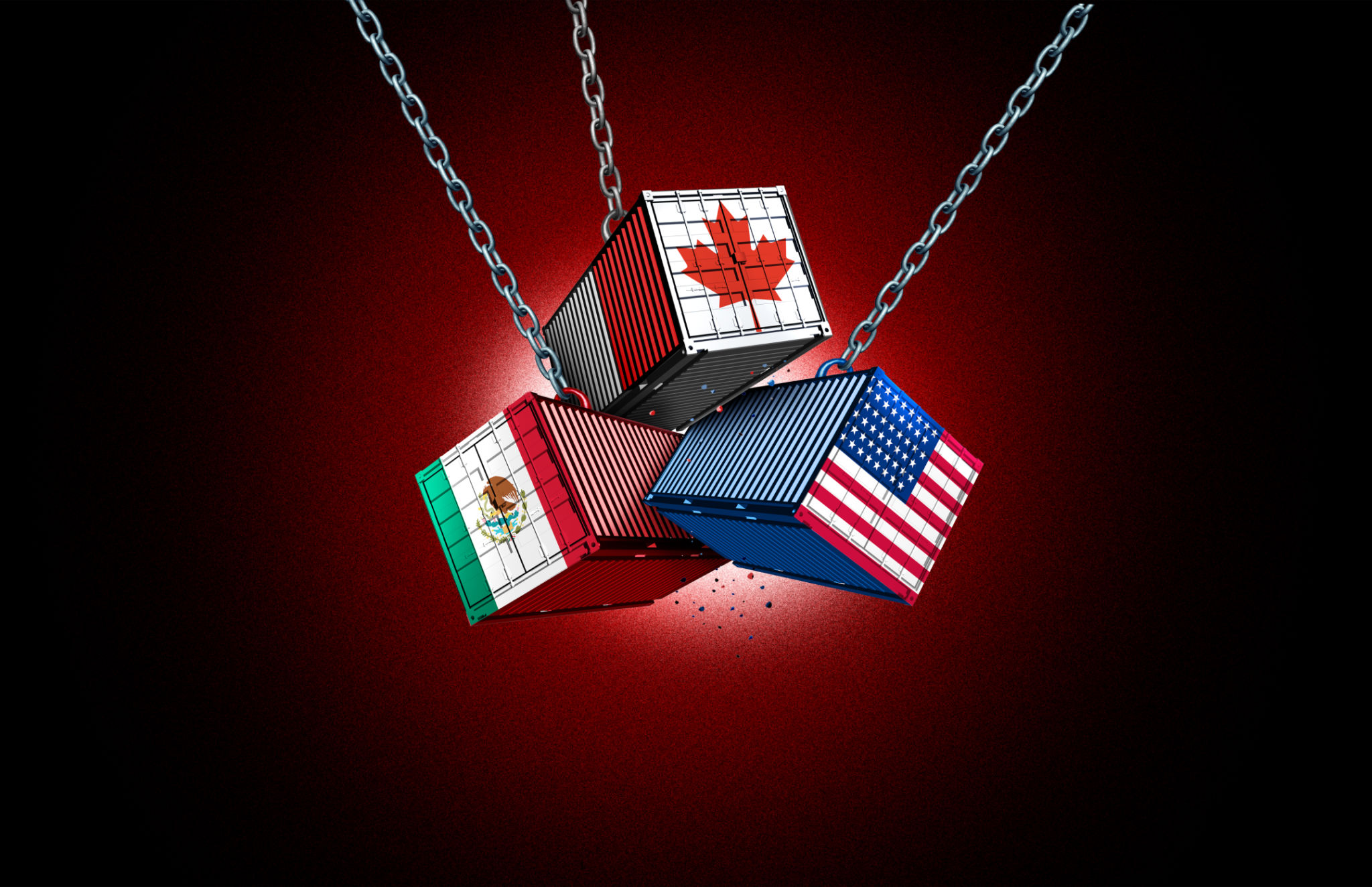Understanding Regulations in Jewellery Trading Across Borders
Introduction to Jewellery Trading Regulations
Jewellery trading across borders is a complex yet lucrative business that requires a thorough understanding of international regulations. Navigating these rules can be daunting, but it is essential for ensuring compliance and avoiding legal pitfalls. In this blog post, we'll explore the key regulations and provide insights to help traders operate smoothly across borders.

Understanding Import and Export Requirements
When trading jewellery internationally, it is crucial to comprehend the import and export requirements of each country involved. These regulations often include obtaining the necessary licenses, permits, and certificates. For instance, many countries require a Certificate of Origin to verify where the jewellery was manufactured. Additionally, traders must be aware of any restrictions or bans on specific materials, such as ivory or coral.
Customs duties and taxes are another significant consideration. Each country has its own tariff schedule, which dictates the duties applied to imported goods. Understanding these charges is vital for pricing your products competitively while ensuring compliance with local laws.
Compliance with International Standards
Jewellers must also adhere to international standards, such as the Kimberley Process Certification Scheme (KPCS), which aims to prevent "conflict diamonds" from entering the mainstream market. Compliance with such standards not only demonstrates ethical practices but also enhances brand reputation.

Moreover, the hallmarking of precious metals is an important aspect of international jewellery trading. Different countries have distinct hallmarking requirements to certify the purity and authenticity of precious metals like gold, silver, and platinum. Familiarity with these standards is necessary to ensure that your products are legally compliant in each target market.
Navigating Trade Agreements
Trade agreements between countries can significantly impact jewellery trading by reducing tariffs and easing trade barriers. Understanding these agreements can provide competitive advantages and open new markets for your business. For example, the Free Trade Agreement (FTA) between certain countries can offer reduced tariffs or duty-free access for specific goods, including jewellery.
It is advisable to stay informed about current and upcoming trade agreements that may affect your target markets. Collaborating with trade professionals or legal experts can provide valuable insights into how these agreements might benefit your business.

Intellectual Property Protection
Protecting intellectual property (IP) is crucial when trading jewellery internationally. Designs can be easily replicated, so securing trademarks, patents, and copyrights is vital. Registering your IP rights in each country where you intend to sell can safeguard your creations from infringement and ensure legal recourse if needed.
Additionally, being aware of the IP laws in different countries helps avoid unintentional violations that could lead to costly legal battles. Consulting with IP experts can help you navigate this complex landscape effectively.
Conclusion
Successfully trading jewellery across borders requires a comprehensive understanding of the various regulations that govern international commerce. By staying informed about import and export requirements, complying with international standards, leveraging trade agreements, and protecting intellectual property, jewellers can thrive in the global market. As always, consulting with experts and staying updated on regulatory changes can help mitigate risks and ensure your business operates smoothly across borders.
